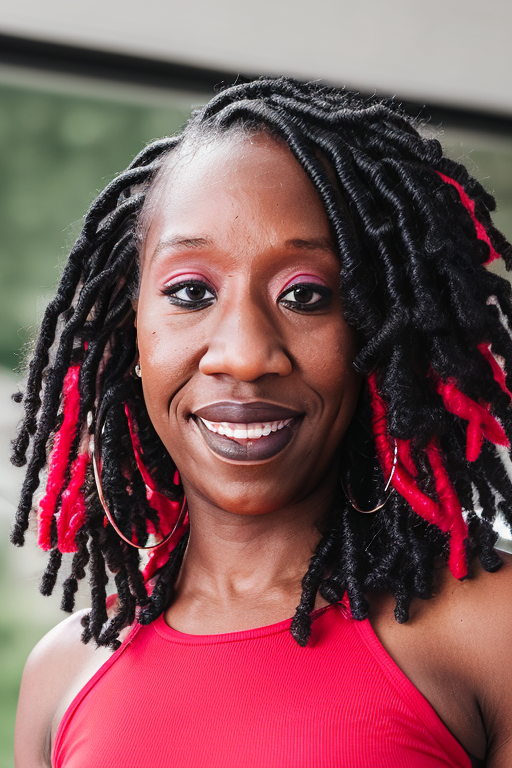Debunking Myths About Millennial Women At Work

In July 2023, the U.S. Bureau of Labor Statistics reported that women comprised 57.4% of the total U.S. workforce. Specifically, within the age brackets of 25-34 and 35-44, women make up 77.6% and 76.3%, respectively.
These age groups predominantly fall within Generation Y or millennials. Despite a significant presence in the workforce post-pandemic, millennial women continue to grapple with stereotypes related to their professional roles. (For clarity, the Pew Research Center’s definition of millennials is individuals born between 1981 and 1996, currently aged 28 to 43.) Here are a few popular myths about working millennial women.
Myth: Millennial Women are demanding in their job requirements.

Truth: Millennial women prioritize job flexibility.
Millennials have long been called “entitled” and “lazy” by the former generations, and for women in the workforce, it’s no different. Even though the PRC states that millennials are the most educated generation, they are also the most indebted, which causes challenges in maintaining a familial household. The world has progressed, but millennial women are still more likely to be caregivers than men.
That requires a more flexible work schedule, so they gravitate to jobs that offer just that. In 2021, The Washington Post reported that 41% of women worked remotely, almost double from 2018. However, PRC’s statistics state that 59% of Millennial women see being a working parent as complicating their career advancement (compared to just 19% of Millennial men.) Because of this, millennial women are more likely to leave a job due to inflexibility as opposed to its geography.
Myth: Millennial women’s ambition has decreased.
Truth: They are more ambitious post-pandemic.
In conjunction with LeanIn.Org, McKinsey & Company conducted the most extensive study of corporate women in North America. The “Women in the Workplace” study found that women at every pipeline are just as interested in career advancement as men, especially at senior levels. About 80% of women want a promotion to the next level, compared with 70% in 2019. Black women and women of color seek promotion more than white women, with 88% hoping to advance within their organizations.
Another factor to ambition is hybrid or remote work. Not only does this reduce fatigue or job burnout, but one in five women said employers offering flexibility in their workload helped them stay in their positions without reducing hours.
Myth: Microaggressions have minimal impact.
Truth: They have a lasting impact.
Microaggressions are indirect, subtle, or unintentional discrimination against marginalized groups, and 78% of women say they’ve encountered workplace microaggressions. Examples are commenting on their emotional state or being interrupted, which happens to women twice as much as men. Another is having coworkers take credit for their work, which happens 1.5 times more than men.
Marginalized identities get extra layers of microaggressions. Black and Asian women are seven times more likely to be mistaken for another coworker with the same racial background. Half of women with disabilities or LGBTQIA women say they check their rhetoric in workplace conversations to seem more likable and agreeable.
Myth: Millennial women have no loyalty to employers.

Siource: Pexels
Truth: Millennial Women Don’t Stay At Bad Jobs.
The PRC reports that 43% of millennial women have a bachelor’s, compared to 36% of millennial men. But 60% of women say they get paid less than men for the same work. In the absence of job flexibility, workplace microaggressions, gender pay disparity, and no career advancement, millennial women will seek better employment elsewhere. If they don’t leave, it’s because of a lack of prospects.
(And to dispel another myth, millennials do not constantly job hop. In fact, the PRC says their tenure is similar to Generation X (1965-1980) workers, and college-educated millennials stay at jobs longer. )
Although these myths persist, millennial women are ushering in workplace progress. Changes like these are needed to reshape the workforce and make the transition easier for future generations.






